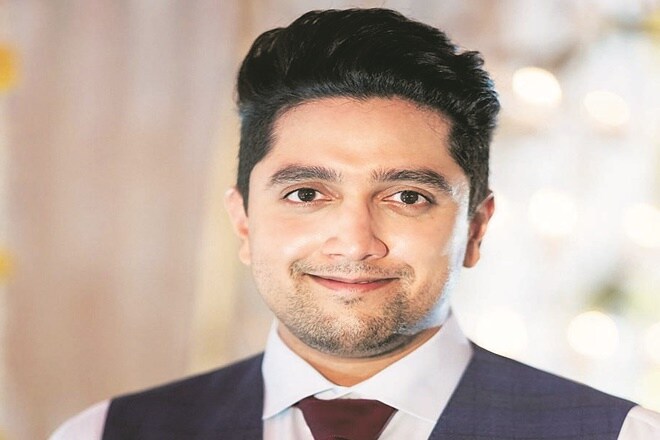With an aim that all drones flown in India be manufactured domestically, instead of being imported from China, Agnishwar Jayaprakash founded Garuda Aerospace in 2015. Roughly eight years on, his company has built 1,000 drones and already sold 50% of them with demand continuing to pick up.
Jayaprakash initially ventured out with his brother but is now building the Chennai-based company alone. His brother meanwhile has upstarted an agri tech firm, which is almost an ancillary industry to Garuda’s business.
Drones built by Garuda have several use cases but are most popular in the agricultural space. Several of the company’s customers, like TAFE—associated with the TVS group— buy drones to help farmers in irrigation, monitoring of crop health, spraying pesticides, measuring land areas among others. The large drones, typically with a wingspan of about five feet, can carry upto 10 kgs which enables farmers to manage more land. The cost of spraying pesticides, by deploying his drones, totalled to about Rs 400 per acre, and improved productivity by around 7-8X, metrics which are nearly impossible for farmers to achieve through manual labour, Jayaprakash said.
Also read: Union Budget 2023: What banks are expecting from this year’s budget
While the drones completed basic functions with high precision, they also captured and analysed data real-time which was later studied to help in bettering the yield and increasing a farmer’s income.
“We had a simple idea: building a supercomputer with wings. While it did basic functions better than humans, it also crunched data that can be used by several organisations to study the backbone of our country, agriculture. Our aim is to become the Uber of drones, only that we manufacture our own drones. The plan is to have a fleet as large as theirs,” Jayaprakash said.
To demonstrate more use cases, Garuda also partnered with companies like Swiggy, a food tech platform, to deliver orders much quicker and to more remote locations, than what was humanly possible. While the two companies have successfully completed the pilot phase, “lack of regulatory framework around drones and the usage has limited the speed at which such operations can take off,” he added.
At full capacity, Garuda can build 40-50 drones everyday but the industry at large was yet to witness that kind of demand. Over the coming years, Jayaprakash says the non-availability of home-grown drones should not be a hurdle for anyone to enter the agri services industry and set up their own company.
Also read: India’s big retail boom all set to be a premium experience this year
Despite the slow adoption earlier, the company managed to clock a revenue of Rs 18 crore and earn a profit of Rs 2 crore in FY22. Garuda has however grown significantly and is on track to close FY23 with a revenue of Rs 120 crore with a net profit of around Rs 24 crore. A typical drone at Garuda costs around `4 lakh and the company earns about 22% on the sale of each product.
To unlock Garuda’s next phase of growth, Jayaprakash is in talks with investors to raise about $22 million at a valuation of $250 million – more than double of its current $100 million. He said the deal was in its final stages and would be announced in two-three months. The fresh capital infusion will come after Garuda has already raised $7 million from Mahendra Singh Dhoni, a former cricketer, and others.


